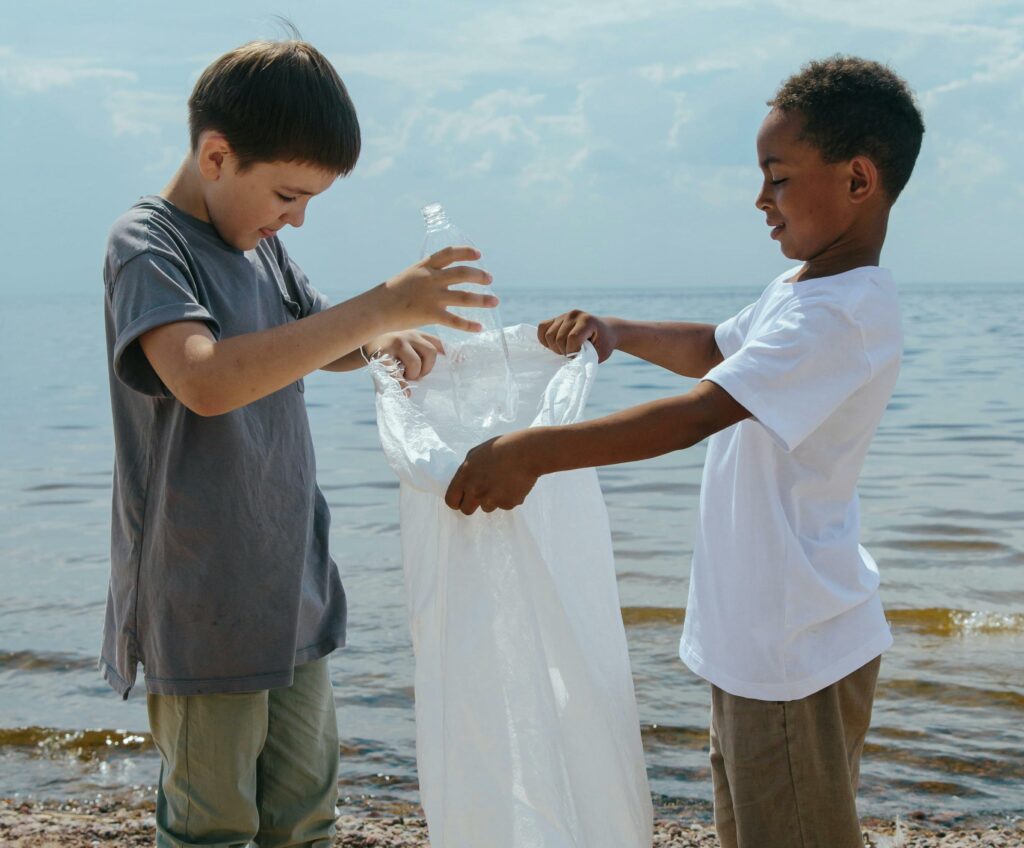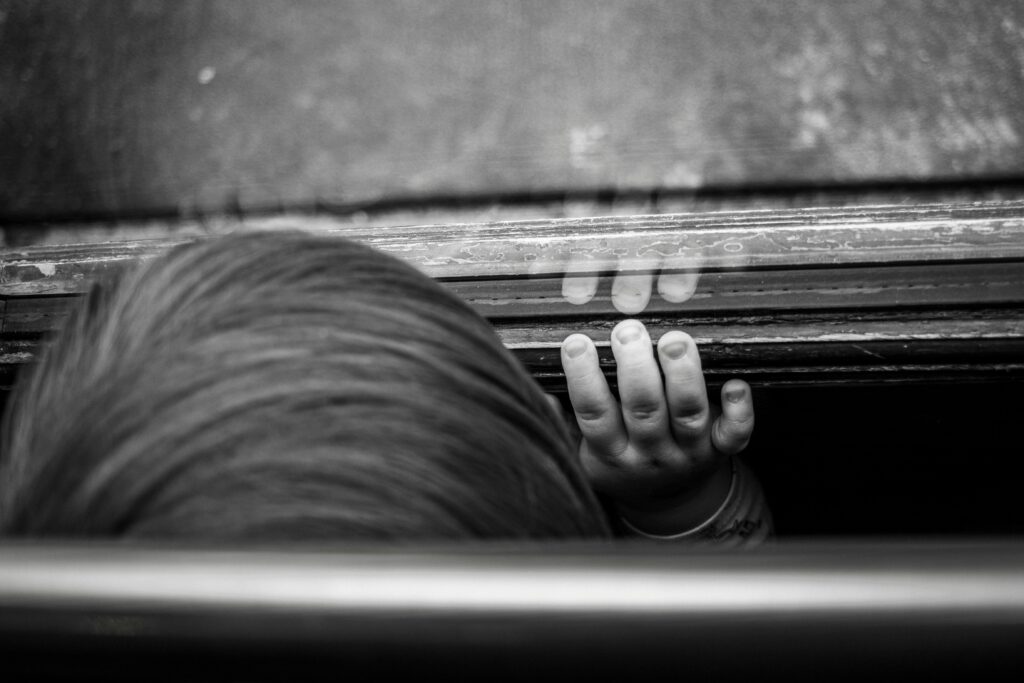Acne can be an embarrassing and stressful part of adolescent and teen life.
And although it can feel isolating, acne is one of the most common skin conditions among kids and adolescents. It can start as early as two years before any signs of puberty and can last beyond the teen years.
And while some acne breakouts may be inevitable, there are steps kids can take to help them manage their acne and establish healthy skin habits.
What Causes Teen Acne
Despite popular belief, there is little scientific evidence that chocolate, fried foods, sugar, or other unhealthy foods often consumed by teens cause skin to breakout.
Instead, most adolescents and teens see an increase in acne because of hormone levels that are increasing in their bodies. These hormones stimulate fat glands in the skin and increase production of sebum. Sebum is an oily secretion that lubricates and protects skin. But when there’s too much sebum production, as well as dead skin cells and other debris, it can block skin follicles and cause acne.
Other triggers for acne include:
- Stress
- Hormone imbalances
- Menstrual periods that bring hormonal changes for girls
- Food and drinks (such as sports drinks) that are high in iodine
- Helmets, chin straps, or other tight clothing or equipment that rest on skin
- Some makeup or greasy hair products that block pores (look for oil-free, noncomedogenic products instead)
Acne, Black Heads, and White Heads
There are actually several types of acne, but these are the most common:
- Papule: these are early pimples that are swollen follicles that look like small, red, inflamed bumps. They feel hard and when there are a lot, it can feel like sandpaper.
- Whiteheads: Pores that are closed with the oil and dirt trapped under the surface that create a small bump that looks white or flesh colored.
- Blackheads: Pores that are clogged but remain open and look like tiny black spots.
- Pustules: These are infected pimples that contain a yellowish fluid. The enlarged bump will have a yellow or white center.
- Nodules: The larger, harder, often painful red bumps with greater inflammation leading to higher risk of scarring
What Makes Acne Worse
It’s natural for your teen to want to pick, rub, or scrub at the acne on their face, but these actions can make it worse. It can make the acne spread, irritate the skin, or cause scarring.
Make sure when your teen washes their face, they limit washing to two times a day. They should use a gentle cleanser and avoid scrubbing their face hard with a washcloth.
They also should avoid picking at their pimples because it can drive the inflammation deeper. It’s also important for them to avoid popping pus-filled pimples because it can cause permanent scarring.
Daily Tips for Teen Acne Treatment and Prevention
Tell your teen or adolescent that treating acne takes time. They do not go away overnight, and it’s best to be patient. It is also extremely important to be consistent and persistent with treatment. Acne will flare up & decrease, but one shouldn’t get lazy about treatment regimens during periods of the acne looking relatively good.
Teach them to have a daily routine of washing their face in the morning and at night before bedtime. Have them use a gentle cleanser and wash their face gently.
Avoid oil-based creams and lotions that can block skin follicles. Instead, stick to fragrance free, water-based lotions and products.
They can use over-the-counter lotions containing benzoyl peroxide to treat and prevent minor blemishes and mild to moderate acne. Benzoyl peroxide helps kill bacteria, unplug oil ducts and heal pimples.
Have them start slowly with a wash or lotion with a smaller concentrate of benzoyl peroxide, such as 2.25-5 percent, once a day. They can increase to twice a day after a week if their skin doesn’t get irritated, such as turning red or peeling. If they don’t see results after four to six weeks, they can try a higher concentrated lotion or gel. Again starting at one time a day and increasing to two if their skin is not irritated.
Other Treatment Options
If your child has severe or persistent acne, your pediatrician or dermatologist can prescribe alternative treatments for them, such as retinoids or antibiotics. For severe cases of cystic acne, sometimes isotretinoin (commonly known as Accutane) is prescribed. All three of these options come with side effects and risks that you will want to weigh and discuss with your provider. To meet with your provider at Pediatrics West, call us at (720) 284-3700 to book your appointment today.


